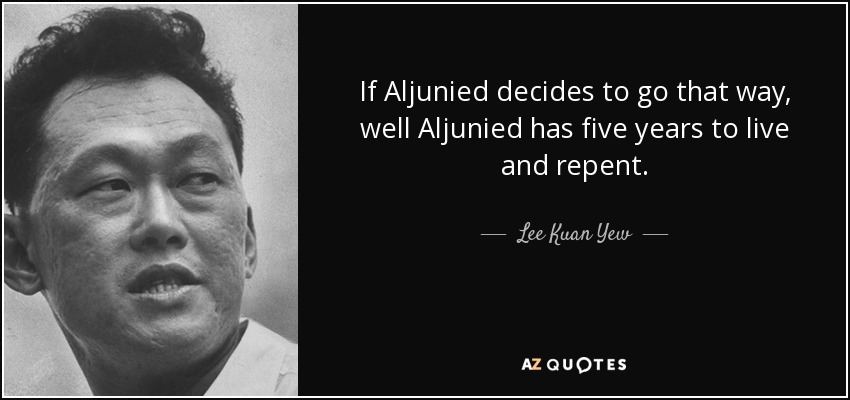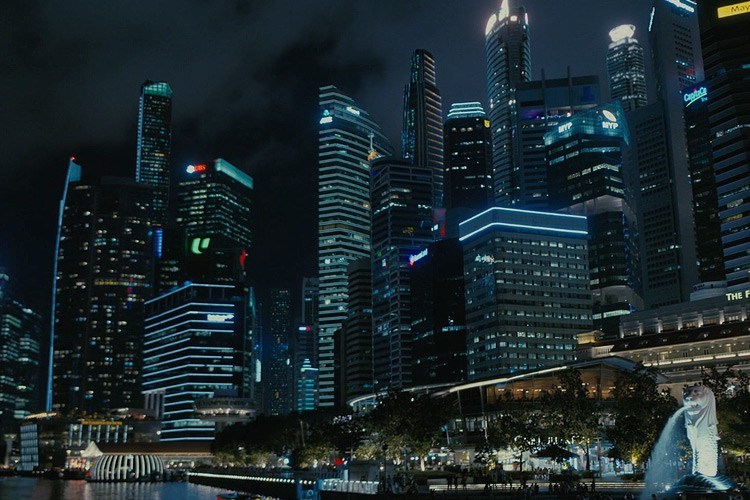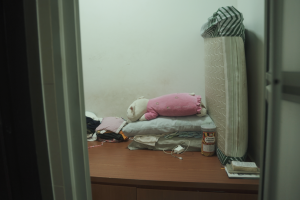“I am an ordinary Singaporean. Before the crisis, I did not know anything about migrant workers. Now that tens of thousands of them are infected, I am concerned.”
“However, we Singaporeans should not be so quick to blame the government. The reality is, we have all contributed to this current crisis with our NIMBY mentality and prejudiced attitudes. [insert Serangoon gardens example].”
“Right now, the important thing is to put our trust in the government. Once the Pandemic is over, solving the problem will take a top-to-bottom, whole-of-society, everyone-included approach. The government has promised to fix the dorms, but are Singaporeans ready to change?
Everyone from Unscrambled to ST have published some version of the above.
Length and tone varies, but the narrative is broadly similar. First, an acknowledgement of this unprecedented situation. Then, a quick scurrying away from accountability into earnest hand-wringing.
Instead of pointing out any responsible party or parties, the editorial decides we are ALL responsible. The government can reform worker’s dormitories. But it’s really up to Singaporeans to change their mindset and to do some ‘soul-searching’.
Any mention of regulatory frameworks, historical outbreaks of disease amongst migrant workers, or the warnings given by NGOs is conspicuously missing. Like the old miasma theory of disease, our current predicament is supposed to have emerged from the intangible foulness of attitudes and mentalities.

However, it does deserve some scrutiny because this is hardly the first time our government has played the ‘everyone’s fault’ card.
As a political party, the PAP needs what sociologist Chua Beng Huat calls ‘performance legitimacy’ because personal charisma is not its strong suit. To do so, however, the party hoards most of the credit for Singapore’s success, and has reinforced the narrative that political leadership is the alpha and the omega of our economic ‘miracle’. In the Singaporean fairytale, MNCs are your Ah Ma, Trade unions are the Big Bad Wolf, and PAP is the passing woodsman wielding its Hatchet of Tripartitism.
This belief is also reiterated in some of our most popular truisms. Truisms like “multi-party democracy will spell the end of Singapore”, and “we cannot afford to vote ‘wrongly’ or else a Chee Soon Juan-shaped hole will sink us”.
This is all fine by me, except you can’t turn around and look for scapegoats when things go to shit. If you want to assume ultimate responsibility for Singapore’s successes, then you are obliged to do the same for its cockups. Don’t go all Communist on us only when there’s a bountiful harvest of blame in need of redistribution.

If this is the logic, then no one has any right to criticise anything in this era of globalisation, because we are all complicit in some evil as consumers.
God forbid that we should say bad things about Xi Jinping or the mass incarceration of Uyghurs while using Foxconn-made MacBooks and wearing Uniqlo shirts made from 100% Xinjiang cotton. How dare we raise our eyebrow at China’s policies whilst buying Made-in-China face masks to protect ourselves and our frontline workers.
The answer is obviously that people are complicit to different degrees. Yes, we are all responsible, but we are not all equally responsible. The average HDB-dweller does not profit as greatly from the cheap migrant labour as say, the average construction industry subcontractor. Likewise, they are not as complicit as Keppel’s shareholders or the policymakers who authored this economic model. In fact, I would wager that cheap foreign labour actually hurts a small number of Singaporeans, whose wages are depressed by the abundant supply.
Equating the average tax-paying 3-room HDB dweller to your average MOM policymaker silences the former whilst absolving the latter of its larger share of guilt. It also functions as a veiled threat which pits the powerless lower-middle-income Singaporean against the even more powerless migrant worker, whilst deflecting blame away from those with more agency.

Now, with Covid-19, they are trying on a different version of the same PR strategy: complain about Singaporean attitudes towards migrant workers as if it were the sole instigator.
Yes, nobody will deny that some Singaporeans hate migrant workers. Yes, many want to deport them just to lower the case count. However, let’s not pretend our labour policy is crafted with just xenophobia in mind. If you want to take credit for this economic model’s many successes, then you should also take responsibility for its occasional pitfalls. Don’t hide behind ‘society’ and ‘everyone’ when it’s convenient to do so. After all, unity and accountability are not mutually exclusive concepts.






